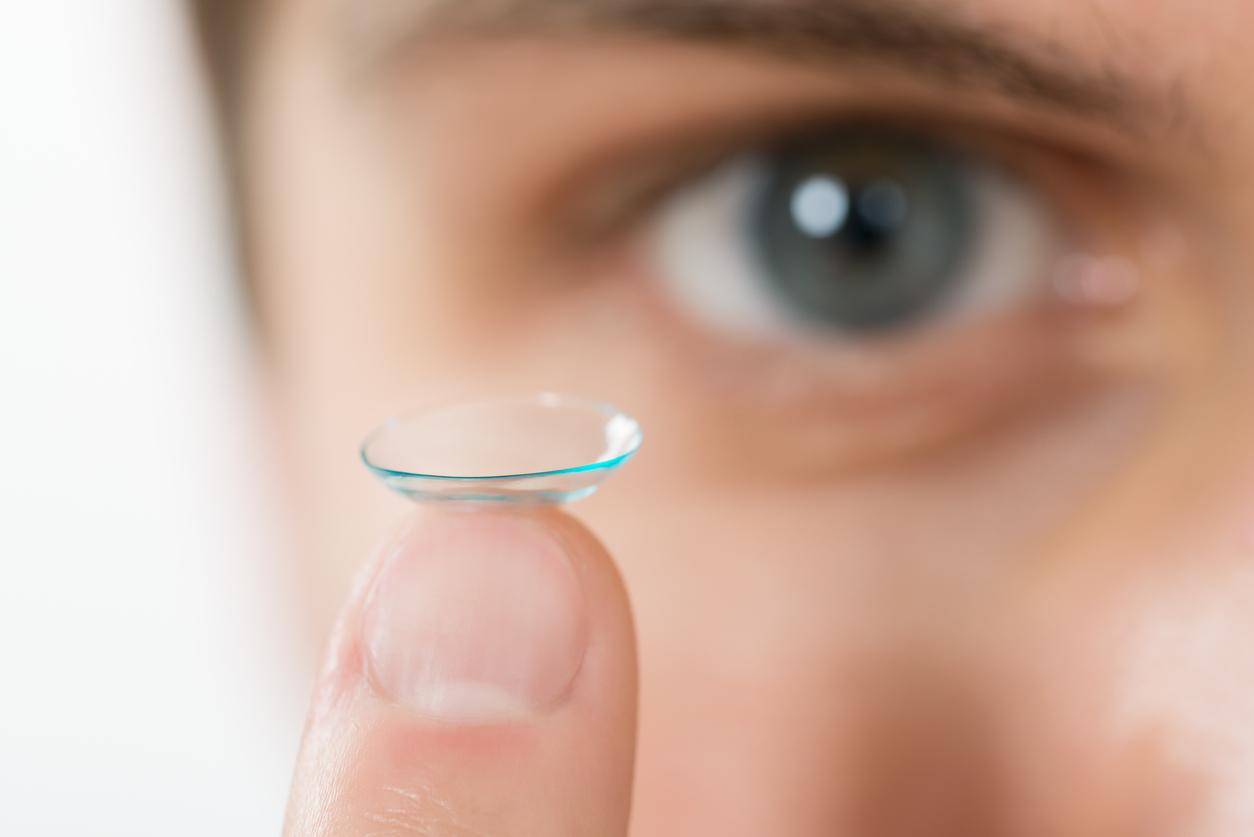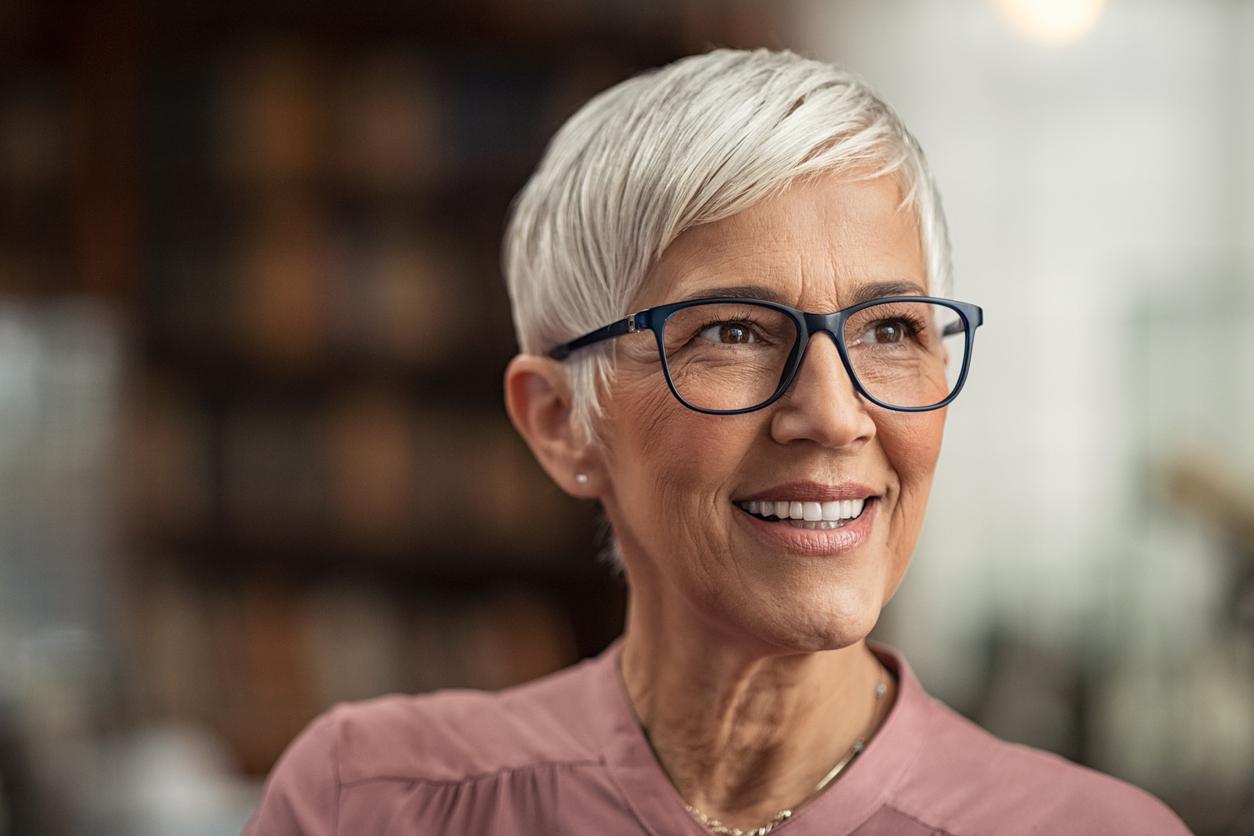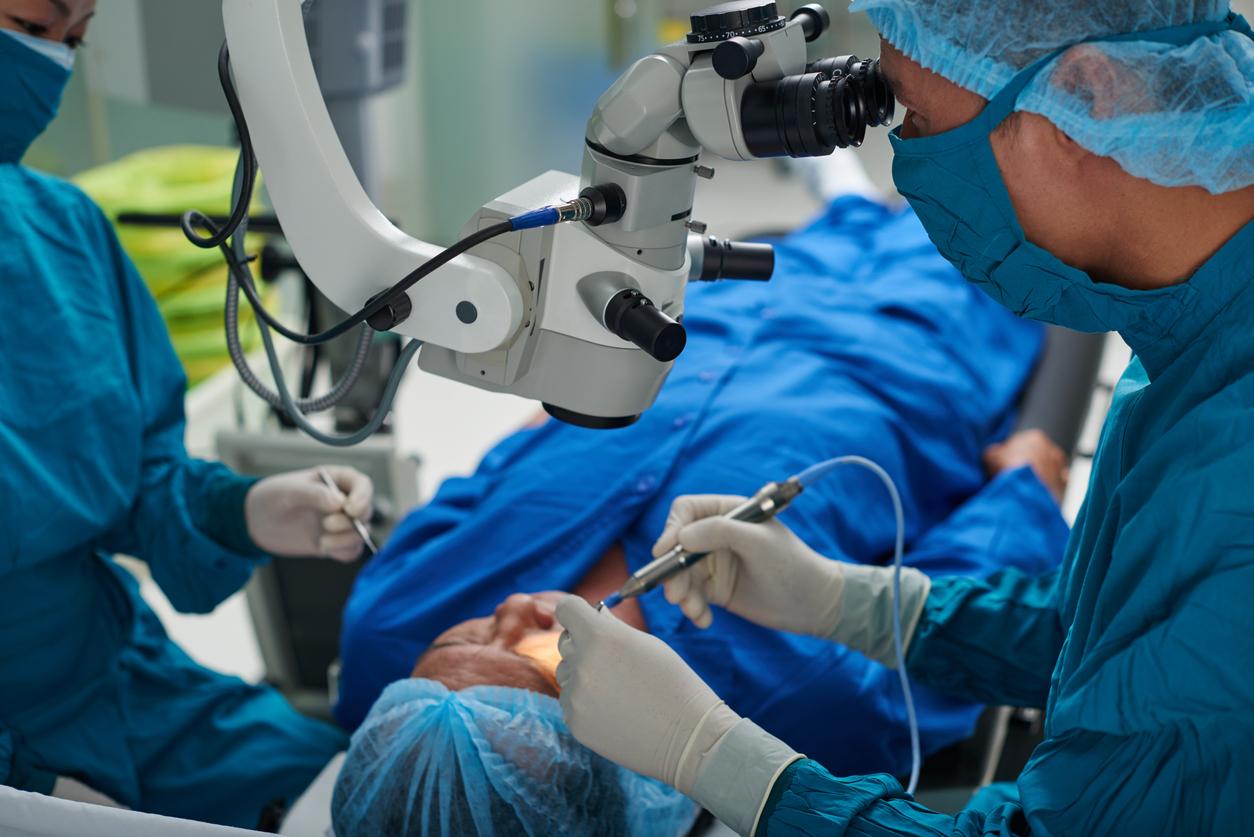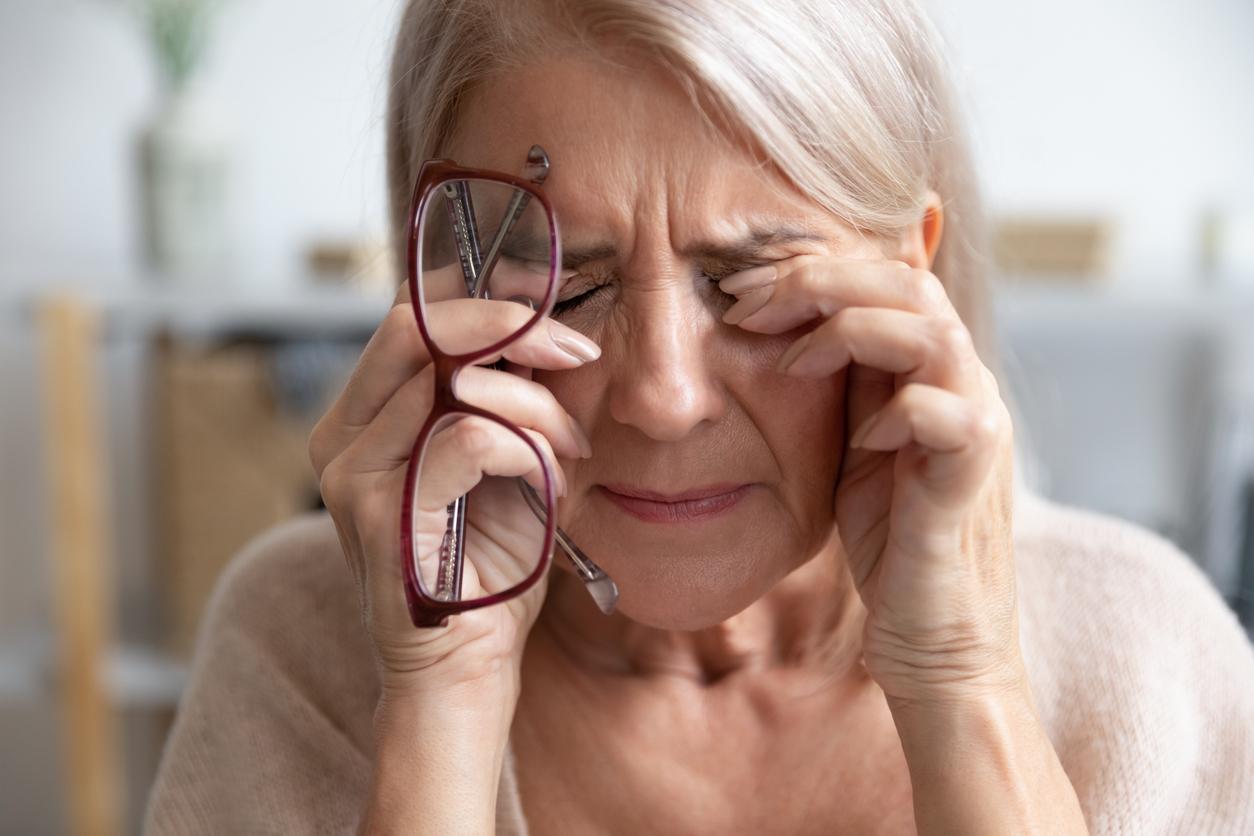The difficulty in obtaining a quick appointment with the ophthalmologist and the high cost of glasses have led to a decline in the sight of the French.

The thorny problem of the difficulty of access to care resurfaces! And this time, it is the sight of the French that is threatened. Indeed, according to an Ipsos-Krys study relayed this Wednesday by Le Parisien, the French would be numerous to sacrifice their sight. Another problem linked to the economic crisis, but not only …
At the request of the Krys opticians group, the Ipsos Institute analyzed a panel representative of the French population (1). It is the shortage of ophthalmologists associated with the high cost of care and optical equipment that has the consequence of degrading the eyesight of the French.
In some medical deserts, the decline in the number of these doctors often results in delays of several months in obtaining an appointment. These cases are far from isolated, since 43% of the panel consider that it has become very difficult to get an appointment within a reasonable time. By way of comparison, in Germany, they are only 20% to share this opinion. In addition, 34% of respondents admit that in the end, discouraged, they consult their ophthalmologist less often.
Another problem revealed in this survey, that of the low reimbursement of eye care. 54% of patients still consider that the portion ultimately remaining dependent on them is too high. Result, many of them hesitate to seek treatment. They are thus 59% to ask questions about the reimbursement of glasses or lenses. At the same time, 66% of them admit to having already delayed the moment to change their glasses, due to lack of means.
As a direct consequence of these economic problems, 12% of patients surveyed are at risk of serious eye problems because they forgo care. “It’s very serious”, explains in Le Parisien Jean-Pierre Champion, CEO of Krys group.
Worse still, this situation would not be improving. 56% of the professionals questioned consider that the situation “will deteriorate further in the coming years. ”
Survey carried out from June 28 to July 23 among 200 ophthalmologists and a representative panel of 3,011 people in France, Germany and Great Britain.
.

















